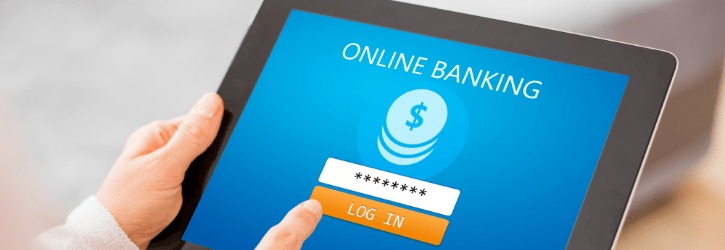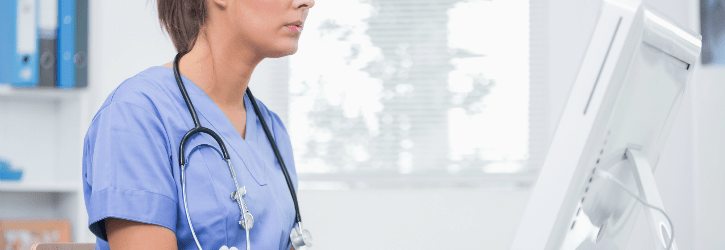Welcome To The Data Leak Lawyers Blog
We focus on the latest news surrounding data breaches, leaks and hacks plus daily internet security articles.
We focus on the latest news surrounding data breaches, leaks and hacks plus daily internet security articles.

We have helped and advised people in the past who were scammed out of thousands of pounds because they were called by fraudsters who were able to convince the victims they were calling from TalkTalk themselves.
The criminals likely gained their information from the TalkTalk cyber-hack and had enough details to be able to trick victims in to thinking they were the real deal, with names, addresses, numbers and even account info.
The fraudsters are still at it; with plenty of targets to choose from thanks to the huge TalkTalk data protection breach.
read more

In what Hywel Dda University Health Board admitted to be the second data protection breach they have faced of this nature, yet another NHS worker has been caught accessing confidential medical records without a valid reason.
Instances of NHS workers accessing medical records when they have no reason or right to access them is a common problem at the moment. Most of the time, staff committing the breaches are accessing records for people they know out of nothing more than curiosity.
read more

It’s not only NHS workers who are breaching data protection rules by accessing medical records when they shouldn’t be. There’s also a worrying trend of data being breached by the rogue actions of employees, and with data being so easily shared nowadays, we remain concerned.
With a huge amount of councils lacking proper mandatory data protection training, you could argue there are potentially thousands of employees out there who don’t know any better. This is not good enough, and these prosecutions should serve as stern warnings to both employers and employees about breaching data protection rights by illegally sharing data.
read more

At first, Equifax indicated there were some 300,000 UK victims of the Equifax cyber-hack, which then grew to 400,000, and eventually almost 700,000.
Now, we know Equifax has sent out warning letters to more than 860,000 of their UK customers, and we expect our client numbers to grow as more people are potentially able to join our Equifax action and claim compensation.
That’s more than double the original estimation, but this kind of thing is not uncommon at all. In fact, it can be incredibly hard to know exactly how many people are affected by a cyber-hack initially, and in some cases, it can be hard to know the exact numbers at all.
read more

New information from the Big Brother Watch privacy group suggests that local authorities are still failing to report data protection breaches. In May 2018, the new GDPR legislation will come into force and councils will have to abide by regulations that will make the reporting of many data protection breaches compulsory.
But, aside from the impact the new laws may have, we cannot avoid the underlying issue here. With estimations that UK councils have been hit by almost 100 million cyberattacks in the last five years, the fact of the matter is that sensitive data is vulnerable in their hands.
read more

Hundreds of confidential files have been found abandoned in a former office that had recently been vacated by the organisation Change, Grow, Live (CGL).
The entirely avoidable data leak included highly-sensitive records and documents involving vulnerable adults and children; i.e. confidential data that should be completely secure and never left open to being accessed without appropriate authority.
According to reports, files had literally been left behind after CGL vacated the premises.
read more

The Information Commissioner’s Office (ICO) issued The Lead Experts Limited (TLEL) a £70,000.00 fine for reportedly making 111,072 unwanted nuisance calls.
TLEL violated data protection principles and the Privacy and Electronic Correspondence Regulations (PECR) when it failed to obtain real and proper consent from the people they had bombarded with nuisance calls, asking if they wanted to reduce their energy bills.
Today, direct marketing is easier than ever. Making calls to tens of thousands of people is incredibly feasible, and it doesn’t cost a lot to do it.
read more

The NHS budget is a hotly-debated topic. Cuts, cuts and more cuts have led to some services being squeezed beyond measure, and the obvious truth is that cost-cutting can directly lead to increased chances of mistakes.
Last year, one huge case of cost-cutting seemingly led to a monumental data breach scenario and millions of pounds being paid to pick up the pieces. In 2017 it was revealed that more than 500,000 pieces of patient information in the five year period between 2011 and 2016 had been lost as a result of outsourcing. Such sensitive data being lost is a huge issue.
read more

The U.S. reported a discovery of 246,000 sensitive personal records belonging to Department of Homeland Security (DHS) employees on a home computer owned by an employee. The department and its employees have a vital mission to “secure the nation from the many threats” the U.S faces.
One can only wonder if they ever suspect their own colleague to be a major security threat to their personal lives…
This, let’s face it, is the kind of thing we do not want to hear about. Although this story hails from across the pond, we’ve had our own issues of a similar nature of course. The Heathrow USB stick incident springs to mind.
read more

Creator and founder of HaveIBeenPwned.com, Troy Hunt, discovered yet another data dump last year. This one reportedly contained personal data belonging to millions in this staggering South African data breach.
At the time of discovery, the information was available from an online public database back-up file and even came with a smaller compressed version. Anyone on the site could download the information.
read more
Fill out our quick call back form below and we'll contact you when you're ready to talk to us.